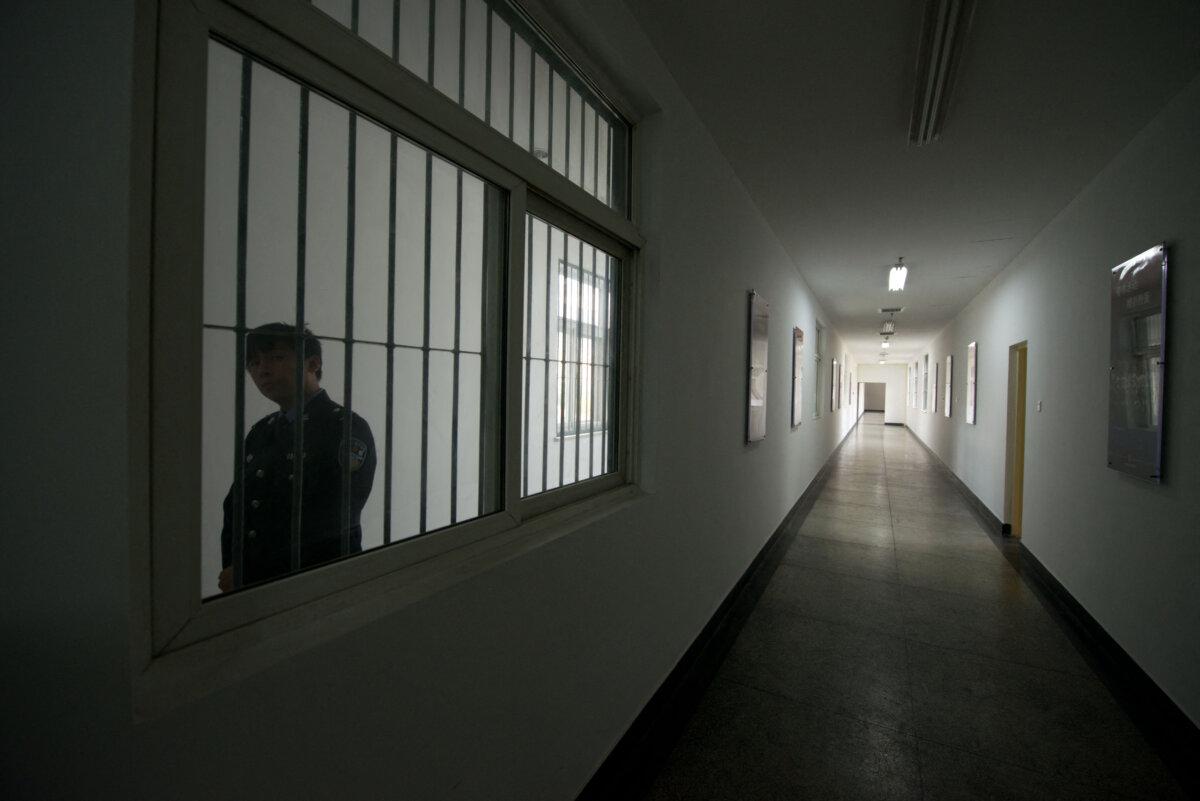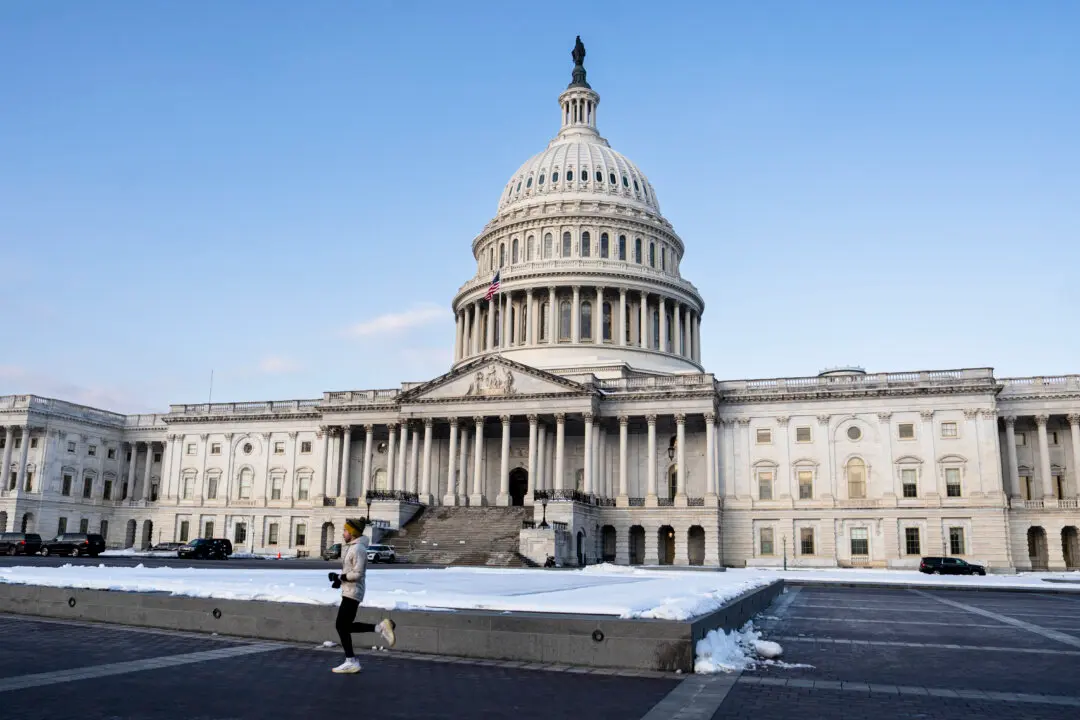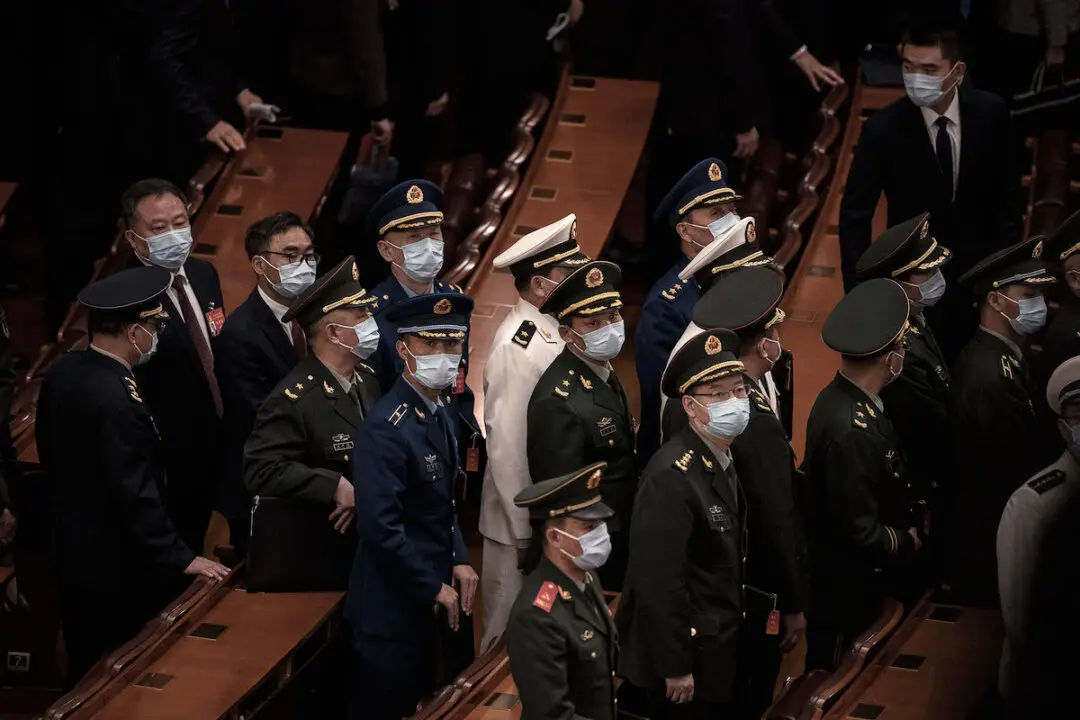In the span of just four months, four prominent Chinese entrepreneurs from multiple industries have committed suicide, all reportedly jumping from buildings in desperate final acts. Experts say that these incidents stand in stark contrast to the Chinese regime’s official narrative of “better-than-expected” GDP growth for the first half of the year.
On June 2, Liu Wenchao, chairman of Xizi Elevator Co. Ltd., a firm heavily reliant on China’s now-floundering property sector, died after falling from a building. Chinese state-controlled media said that Liu once said that anyone who has ambition ends up scarred.
On July 17, Zeng Yuzhou, founder of home renovation chain Liangjiaju Building Materials, jumped from a high-rise in Guangzhou. He left behind a 1 billion yuan ($140 million) mess, affecting over 2,000 families, more than 1,000 employees, and over 300 suppliers, according to Chinese media.
A System Under Strain
Xiao Yi, a London-based Chinese finance professional with 30 years of experience in the industry and a China watcher, shared his analysis of the four deaths with the Chinese edition of The Epoch Times, where he is a regular contributor. Although the deaths occurred in different sectors, Xiao said he believes that it reveals common underlying pressures strangling China’s private sector, which includes collapsing cash flows, mounting debt, policy uncertainty, and the erosion of public trust.He noted that China’s ballooning local government debt has crowded out private-sector financing. While state media champion slogans like “supporting the real economy,” capital is disproportionately funneled to state-owned enterprises (SOEs), leaving private firms informally blacklisted from loans.
Economic Decline and Arbitrary Regulations
Since 2021, China’s property market has been in freefall, with demand for new and second-hand homes shrinking sharply. Xiao said that this has devastated related sectors—from elevators and interior decoration to appliances and building materials. Liangjiaju’s customer payment cycles stretched from two weeks to six months. Xizi Elevator’s revenue disappeared as developers defaulted.Xiao pointed out that China’s exports have deteriorated due to U.S. tariffs and a surge in manufacturing in Southeast Asia. Bi’s textile firm saw orders drop by 40 percent and payment terms double. The cumulative effect of these sector-wide declines has ensnared supply chains and suffocated cash flows.
Entrepreneurs in China, Xiao said, are operating in an environment of overregulation and unpredictable policy shifts. Harsh environmental fines, frozen accounts, and arbitrary audits can cripple companies overnight.
Broken Trust and Systematic Injustice
According to Xiao, many of the companies that collapsed operated on trust-dependent models with prepayments, chain financing, and personal guarantees. When that trust evaporates, the system implodes. In the case of Liangjiaju Building Materials, its customers demanded refunds, suppliers protested, and employees fled.He said that, unlike in the United States or Europe, Chinese law lacks meaningful bankruptcy protection for private businesses. Most reorganization cases are rejected by courts, particularly for asset-light firms. Once a firm collapses, the founder’s personal and financial freedoms vanish. They’re blacklisted, surveilled, and ostracized, with no option for a second chance. Many see suicide as the only “honorable” way to resolve unpayable debt, Xiao said.
Each entrepreneur’s suicide was censored from trending on Chinese social media for at least 24 hours, showing the regime’s tight control over public narratives.
Xiao observed online discourse in China, and Zeng’s death was seen as the failure of “doing business with integrity.” Despite his efforts to complete pending projects, he was overwhelmed by creditors. His story illustrates how easily trust can be weaponized in today’s China and how quickly a person’s reputation can collapse, Xiao said.
In Wang’s case, the public speculated that he may have disclosed sensitive information about collusion between local officials and business figures during his detention. China’s opaque justice system is often marked by the lack of legal counsel, secret detention, and forced confessions. Wang’s high-profile fall has become a cautionary tale of what happens when business collides with political danger, according to Xiao.

A Crisis of Confidence
Xiao believes that the deaths of Bi, Liu, Zeng, and Wang are not isolated tragedies. They represent the mounting pressure bearing down on China’s private entrepreneurs who are caught between shrinking markets, policy unpredictability, financial exclusion, and a collapsing social contract, he said.In today’s China, the greater crisis may not be an economic slowdown, but the collapse of faith in the system itself, according to Xiao.







